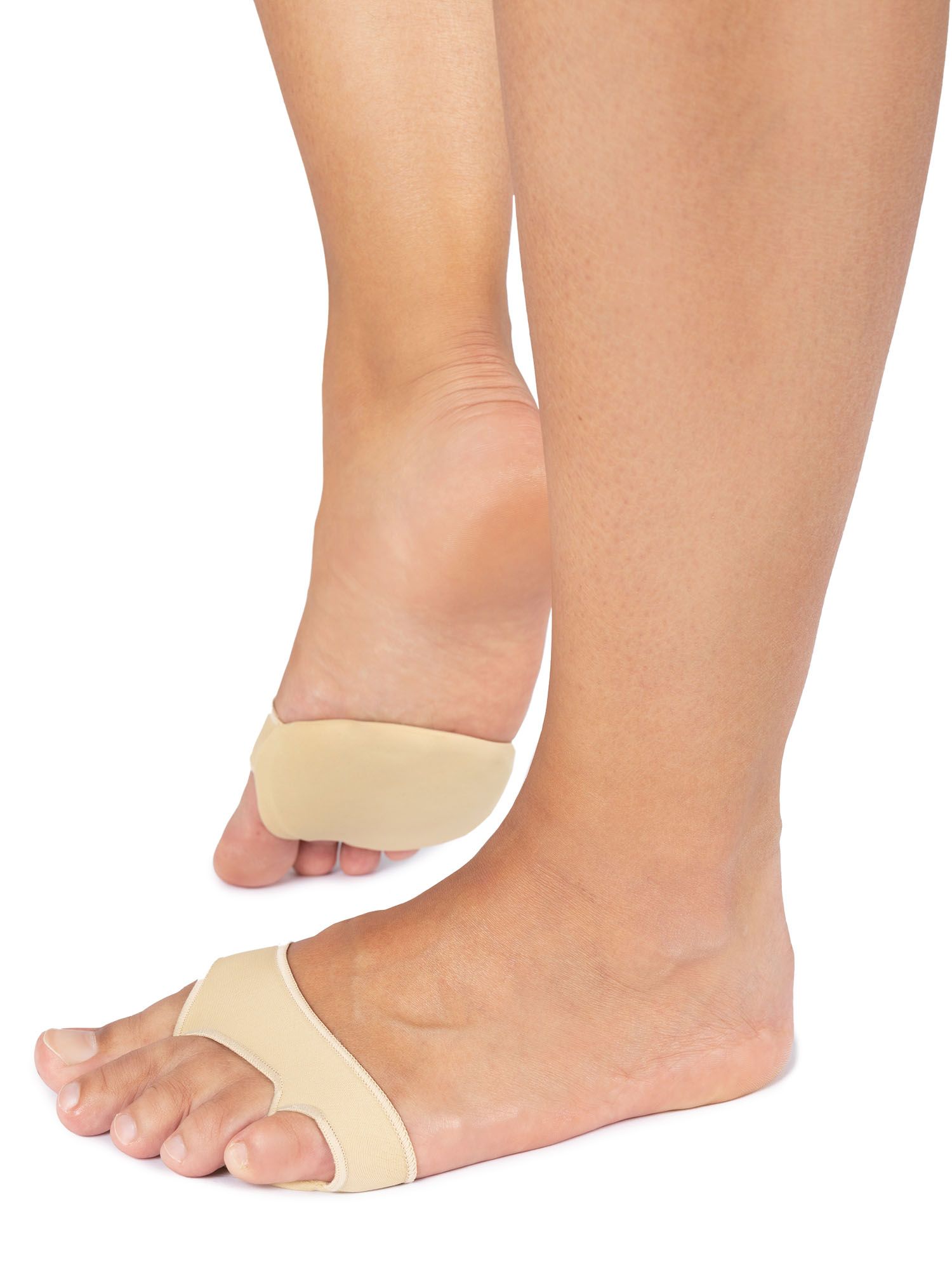Burning / Sensitive Feet
Suffering from burning feet? You're not alone—many people experience this from time to time. Fortunately, for most people, burning feet are temporary and the symptoms tend to go away on their own. However, when symptoms worsen and no longer subside, they are considered chronic. Luckily, there are ways to relieve the pain and discomfort in your feet.
What are burning feet?
Burning feet refer to a hot or burning sensation in the feet or soles, often accompanied by pain. It’s a common issue that can affect people of all ages. The feeling of heat, tingling, and pain may vary from person to person and can significantly interfere with daily life. These symptoms often become worse at night.
Causes of burning feet
Let’s first look at the underlying causes. The most common cause of burning feet is neuropathy—a neurological condition that affects the nerves. In simple terms, neuropathy is known as a nerve disorder. Other common causes of burning, painful feet include diabetes and excessive alcohol consumption. Additional causes may include:
- Vitamin deficiency (e.g. B12, B5, or B6)
- Allergic reactions
- Standing or walking for extended periods
- Improper footwear
- Lyme disease
- HIV/AIDS
- Uremia (chronic kidney disease)
- Small fiber neuropathy (a form of polyneuropathy)
- Hypothyroidism (low thyroid hormone levels)
- Side effects of certain medications
- Amyloid polyneuropathy
- Inflammation of blood vessels (vasculitis)
- Erythromelalgia (a rare circulation disorder)
- Heavy metal poisoning (e.g. lead, mercury, arsenic)
- Guillain-Barré Syndrome (a rare paralysis disorder)
- High blood pressure (hypertension)
- Tarsal tunnel syndrome (nerve compression near the big toe)
- Fluid retention (edema)
- Sarcoidosis (a disease causing inflammation in tissues and organs)
Effective treatment for burning feet
In many cases, the cause of burning feet can be determined quickly. However, for some patients, diagnosis can be more challenging. In such cases, a nerve conduction study or electromyography (EMG) may be recommended to assess muscle activity. Blood, urine, or spinal fluid tests might also be suggested. A simple blood test, for example, can detect a vitamin deficiency that may be contributing to the symptoms.
If the burning is caused by neuropathy, treatment focuses on relieving the symptoms, as nerve damage cannot be reversed. In cases of diabetic neuropathy, it is crucial to maintain stable blood sugar levels. Insulin injections or oral glucose-lowering medications are often advised.
In addition, there are several ways you can reduce discomfort at home. Here are some helpful tips:
- Wear cotton socks
- Avoid foot deodorants
- Use a cold washcloth for cooling relief
- Apply menthol powder to your feet
- Use a gel compress from the freezer
- Apply a cooling foot cream or gel
- Use pain-relief sprays
- Try a foot bath with lavender oil
As you can see, there are many ways to manage burning feet. Since there are also many possible causes, it's always best to consult a specialist for a personalized treatment plan.

Novamed Allround Gel Insoles (per pair)

Solelution High Heel Comfort Insoles (per pair)

Gladiator Sports Compression Socks

Solelution Metatarsal Pads (softgel)

Solelution Sports Insoles (per pair)

Solelution Cycling Insoles

- Physiotherapist
- Sports podiatrist
- Manual therapist
- Podopostural therapist
- Myofascial dry needling specialist


